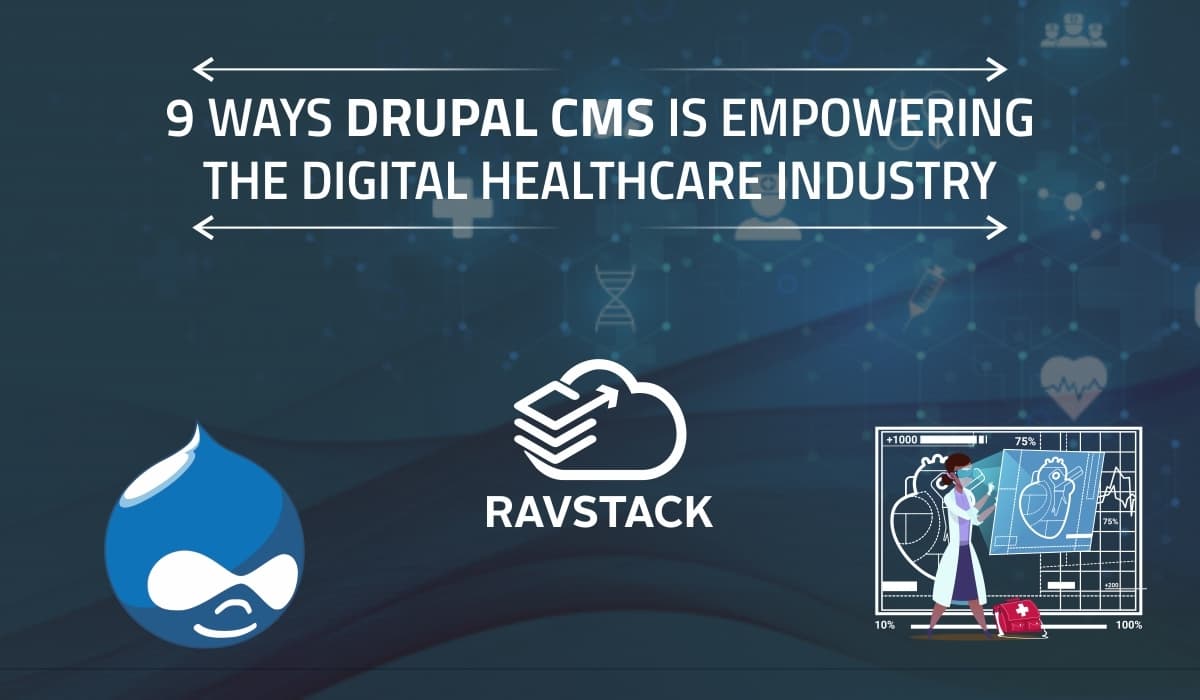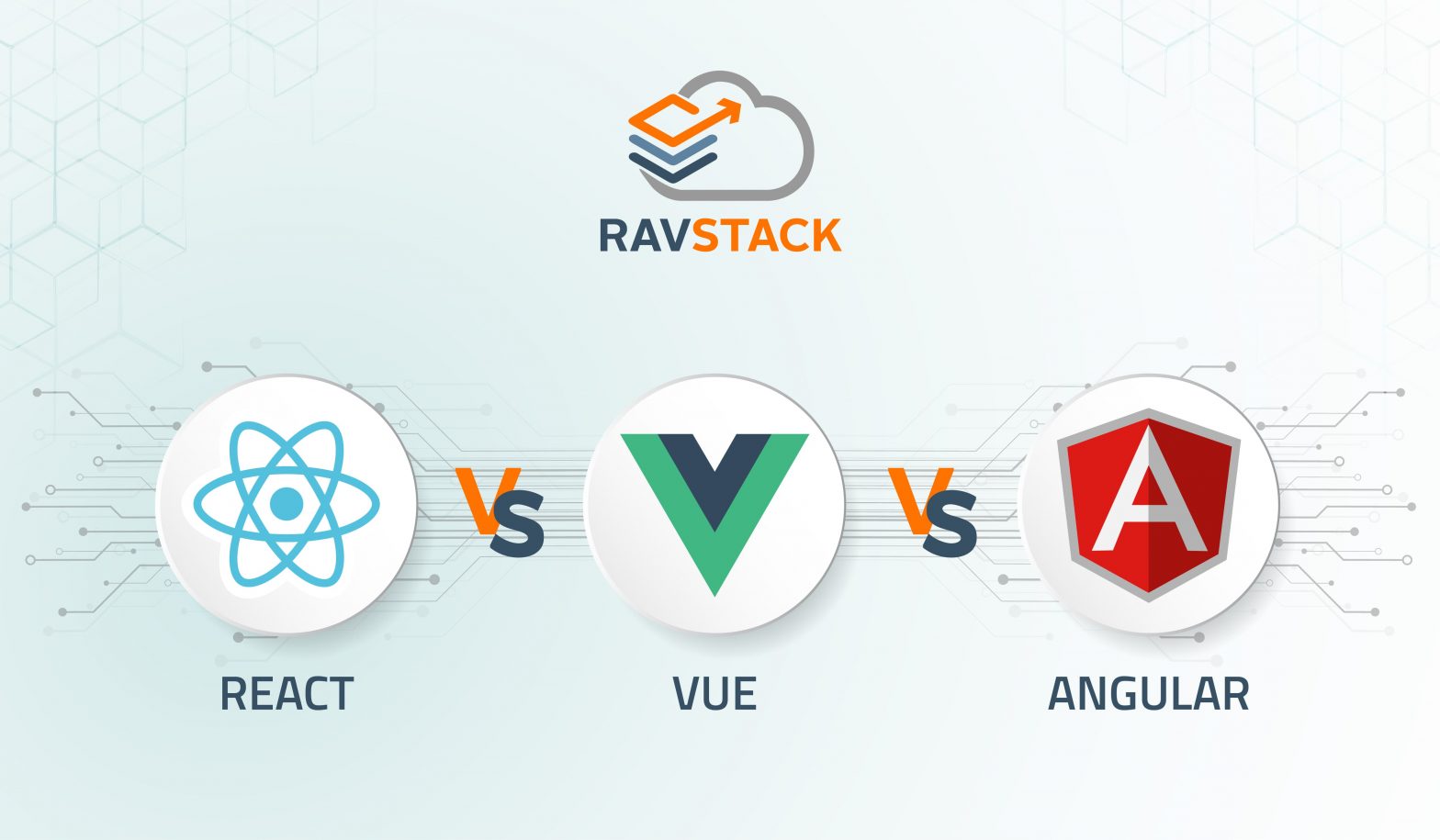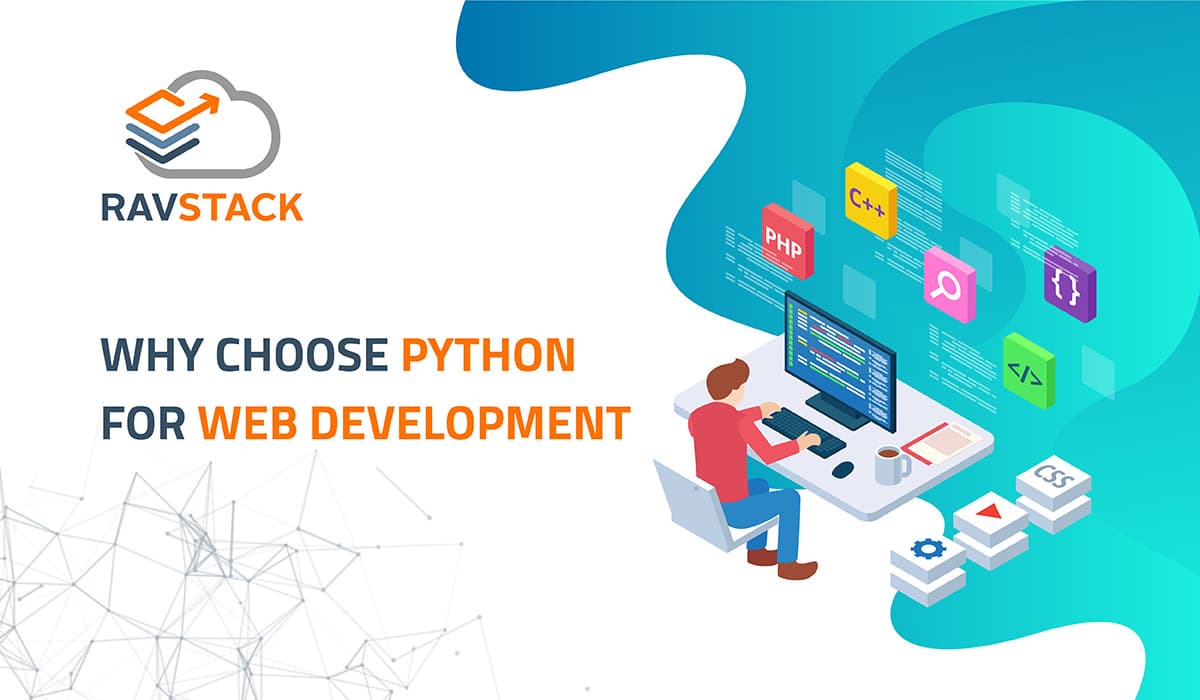Today, programmers around the world are using both PHP and Node.js for different projects. Many advocates Node.js as the future of web development, while many developers argue that the server-side is the unspoken domain PHP.
So, in this blog, we’ll discuss how using one for certain technologies can reap you maximum benefit.
Both PHP and Node.js can build apps of any complexity, and they are built around different concepts and structures. If you are a developer or an app owner choosing between these two programming languages, you should be aware of their significant benefits.
PHP web development
PHP is a server-side scripting language that is utilized to build static websites or dynamic websites or web applications. PHP stands for Hypertext Preprocessor, earlier known as Personal Home Pages. PHP scripts can only be used on a server that has PHP installed.
A survey by W3Tech revealed that around 79% of the sites in their data are made using the PHP programming language. Further, the ever-enhancing popularity of content management systems like Drupal, WordPress, Shopify, WooCommerce, etc. portraits how PHP has covered the backend development under its wings.
Benefits of PHP
PHP was invented explicitly for the web, unlike its competitors Java and Python. This means it is genuinely equipped to work with servers, HTML, and databases. And this is one feature that has made it a suitable server-side solution. PHP also works efficiently with profound web applications that require high computing and server-side rendering.
Apart from the efficient code base, another feature that PHP is known for is its ease of deployment and compatibility with hosting services. Powering almost 79% of the web across the globe and being an industry standard for the past two decades, it is the best programming language for all physical or virtual servers.
- Robust codebase, frameworks, and community
PHP has been here for 20+ years now. It means PHP has a massive community, rich codebase, documentation, and frameworks.
Selecting PHP for web development or web application provides you a variety of frameworks and CMS such as Joomla, WordPress, Drupal, Symphony, Laravel, and more. These platforms and frameworks also allow you to build and deploy an e-commerce website or blog very efficiently.
Node.js development
Node.js is a server-side platform built on Chrome’s JavaScript runtime for efficiently developing fast and scalable network applications. It utilizes an event-driven, non-blocking I/O model that makes it efficient and hassle-free for data-intensive real-time applications that run across distributed devices.
Node.js applications are developed with the use of JavaScript and can be run within the Node.js runtime on Microsoft Windows, OS X, and Linux. It also provides a rich library of several JavaScript modules, which simplifies the web application development using Node.js to a great extent.
Pros of Node.js
- Performance and scalability
Node.js is a fast development language and can serve numerous concurrent events at a time. By adopting Node.js development, you can develop scalable server-side applications that utilize the maximum storage of a CPU device. This is what makes Node.js is the best programming language for real-time applications, single-page applications, and data-driven applications.
Node.js provides freedom and flexibility to the programmers when it comes to choosing the architecture and pattern. Also, the programmers access an unfathomable archive of NPM to choose from, making the development process more efficient and quicker.
- One language across the stack
Several popular client-side frameworks such as React, Ember, and Angular are written in JavaScript, which is the prime language of modern browsers. While using Node.js server-side, you have all the advantages of one scripting language across your application development stack.
PHP vs. Node.js – The real battle
To understand the difference between PHP and Node.js, there are some categories which need to explain:
PHP stays ahead from Node.js for usage in applications where there is no constant interaction between the client and the server-side. On the flip side, Node.js gains the upper hand when constant client-server interaction is required.
PHP is used with traditional or relational databases to the likes of MySQL, MariaDB, and PostgreSQL.
There are some ways to use NoSQL databases with PHP; doing so is not so frequent in the industry. Though Node.js works efficiently with SQL databases, the usage of NoSQL databases is very popular now, such as CouchDB and MongoDB.
- Code type and execution speed
There are two types of programming code:
- Synchronous: Line by Line code execution.
- Asynchronous: Complete code is executed at the same time.
PHP language is mostly synchronous with the exception of some APIs, whereas Node.js code is asynchronous. This means that the JS engine runs through the complete code at once, and there is no wait for successful execution. Hence, Node.js can be much faster as a comparison with PHP code.
PHP versions prior to v5.4 required downloading and setting up of servers like LAMP and XAMPP, and it also comes with the various inbuilt development server.
Node.js, on the other hand, has core modules, including the HTTP, file system, and DNS. These help in building customized web servers.
PHP makes use of module installing technologies, including PEAR and Composer. Node.js has an NPM package management system and its registry. It is easy to utilize and publish than the modules belonging to PHP.
Node.js includes a wide variety of frameworks. Derby, Meteor, and Express are some of the most popular frameworks used with Node.js development projects. Additionally, the latest frameworks for Node.js are coming out now and then.
There is a collection of great PHP frameworks available to ease and hasten the web development process. These frameworks assist in building robust, agile, and secure web applications.
When to use Node.js?
Node.js is specifically used for:
- Dynamic single-page applications
- Software stacks like MEAN stack, including Angular, MongoDB, etc.
- Frontend technologies like JQuery, Angular, React, etc.
In case of business, you must consult a mobile app development company for Node.js when
- You wish to develop real-time applications such as instant messengers.
- You want a dynamic single page application.
- You are using front end technologies like – React and Angular.
When to use PHP?
You may use PHP for:
- A blog or e-commerce website.
- Ease of deployment and integration
- LAMP stack (Linux MySQL, Apache, PHP)
Why choose RavStack for Node.js and PHP development services?
RavStack’s highly professional Node.js developers provide full-cycle and exceptional services to meet your project requirements by developing faster web applications that are scalable, real-time, and data-intensive.
Quality, flexibility, reliability, and adaptability are the key factors that differentiate our expert node.js developers from others.
On the other hand, if you are looking to build the best PHP websites, then RavStack is the right place. Our team of highly skilled professionals always bestows support to you for the efficient running of your website, as per your expectations.
Get in touch with our expert developers & consultants
We'll get back to you within 24 hours
Talk to our expert

 April 8, 2020
April 8, 2020
 6 mins read
6 mins read
 +1 415 800 4089
+1 415 800 4089 info@ravtsack.com
info@ravtsack.com






 February 19, 2020
February 19, 2020 8 mins read
8 mins read



)




